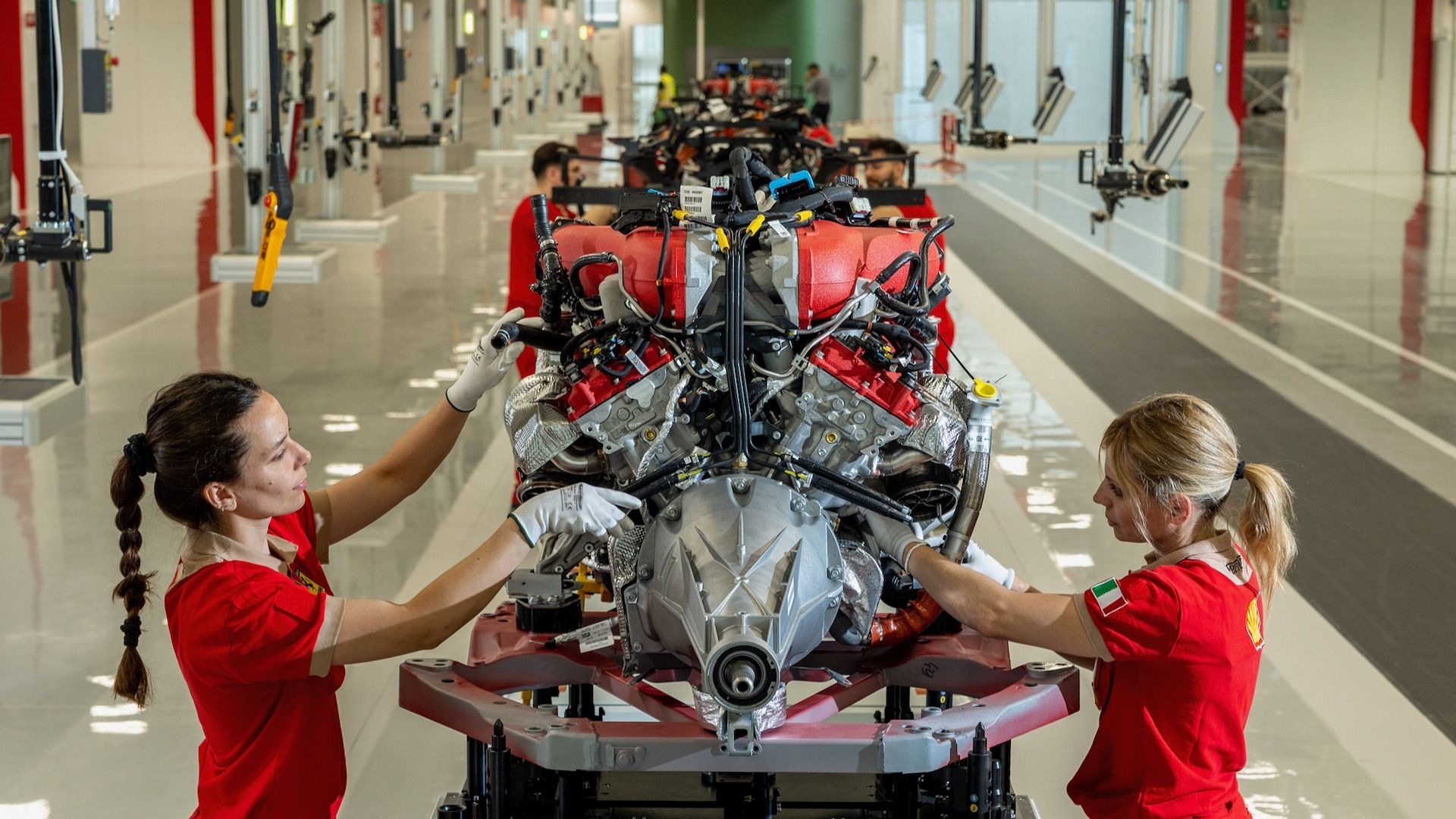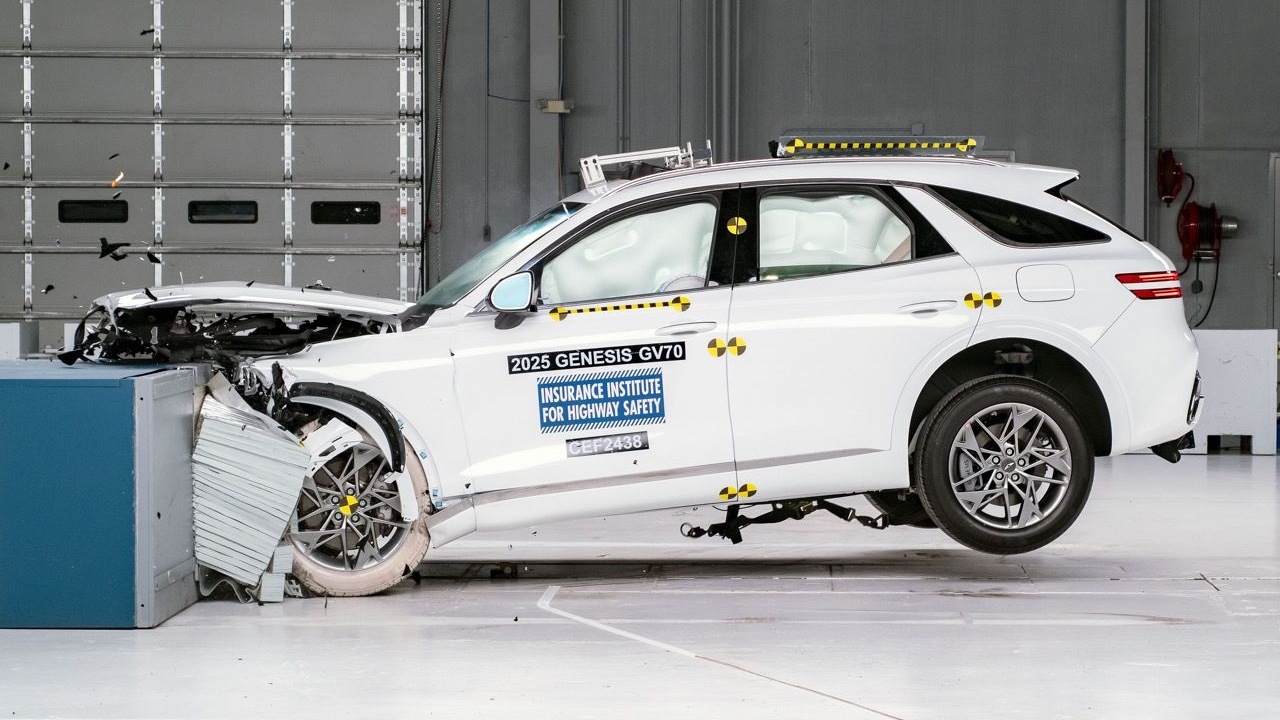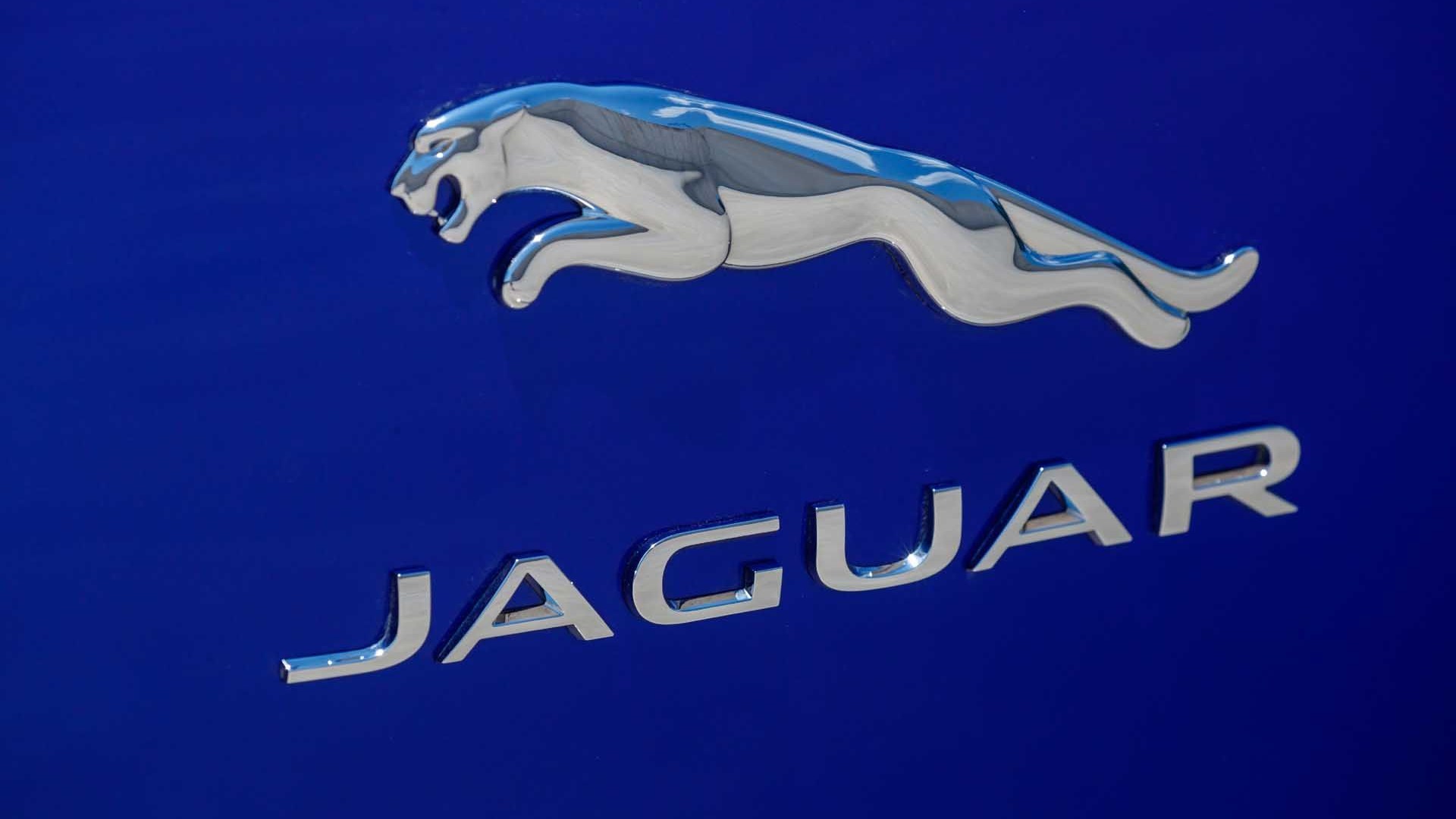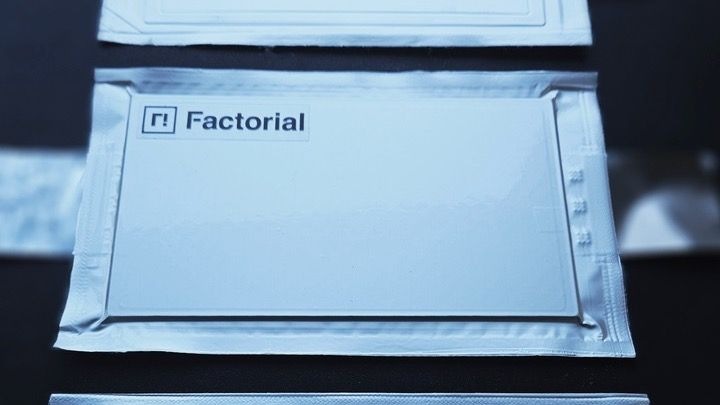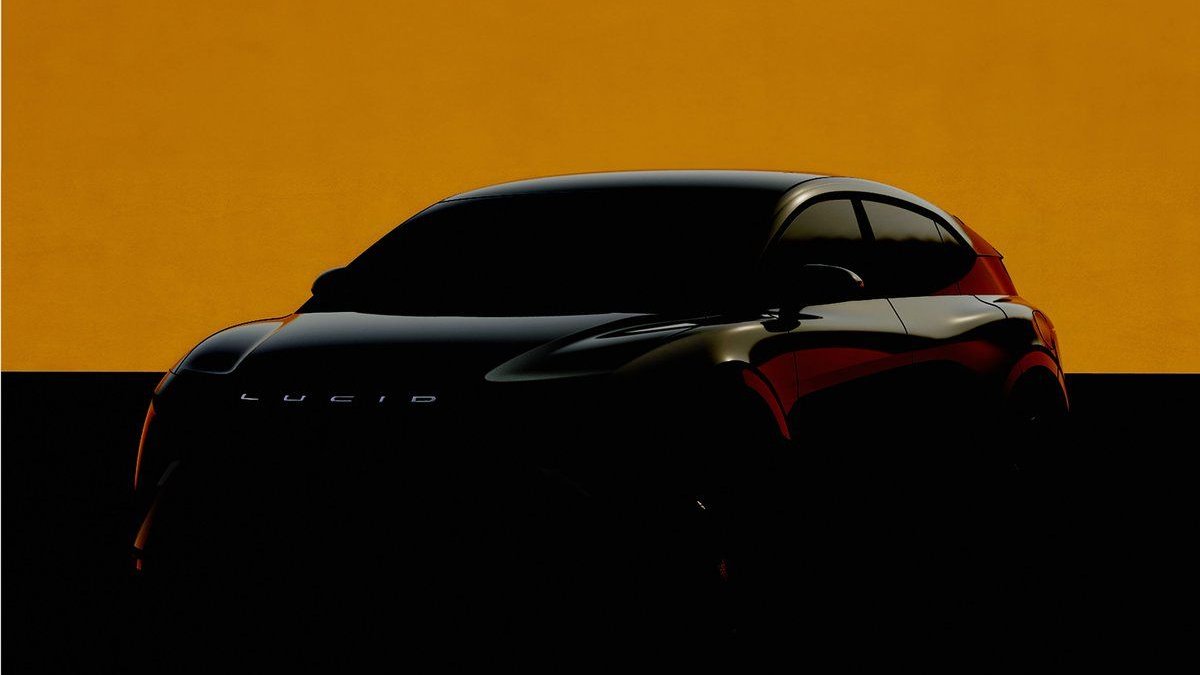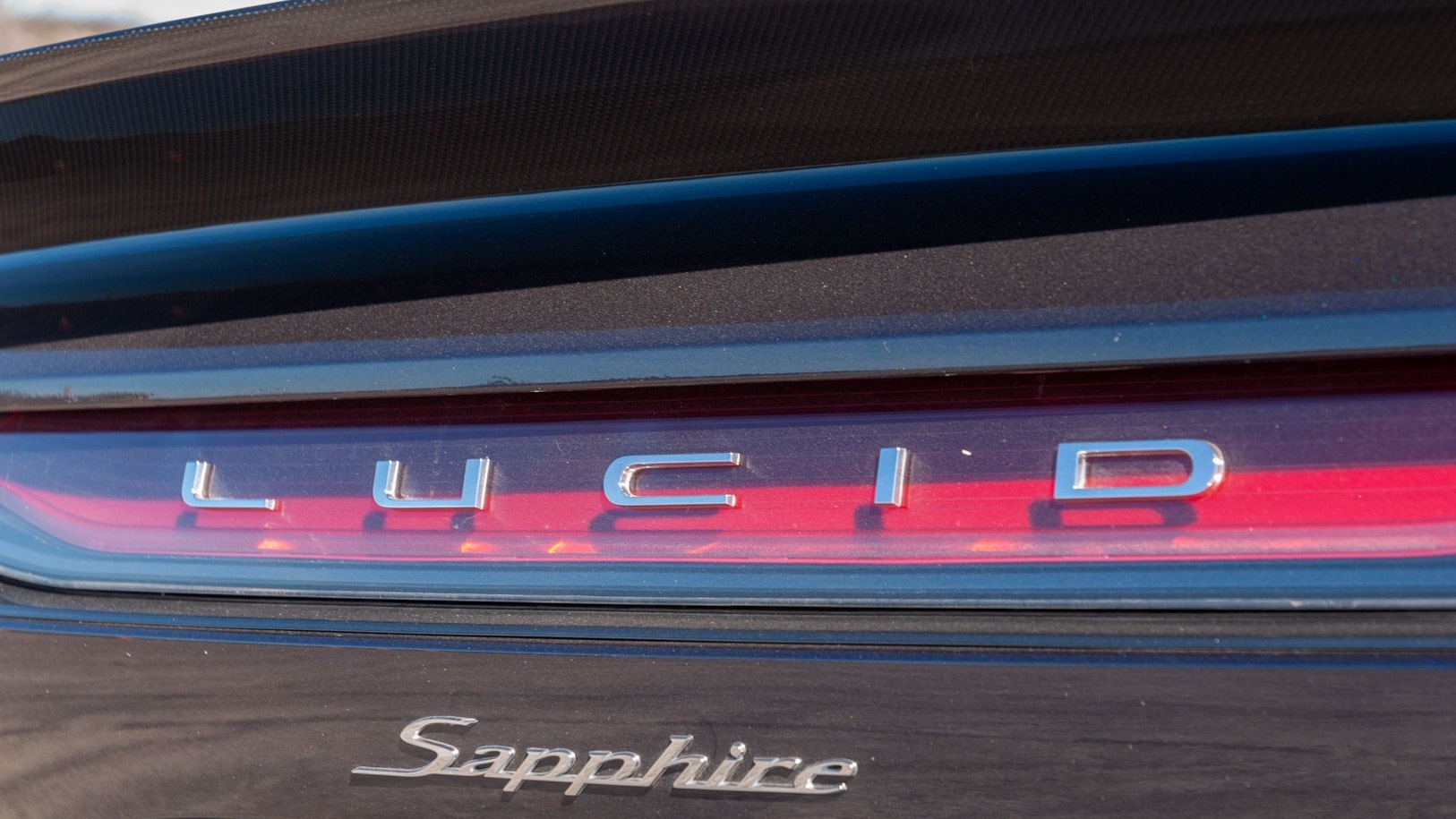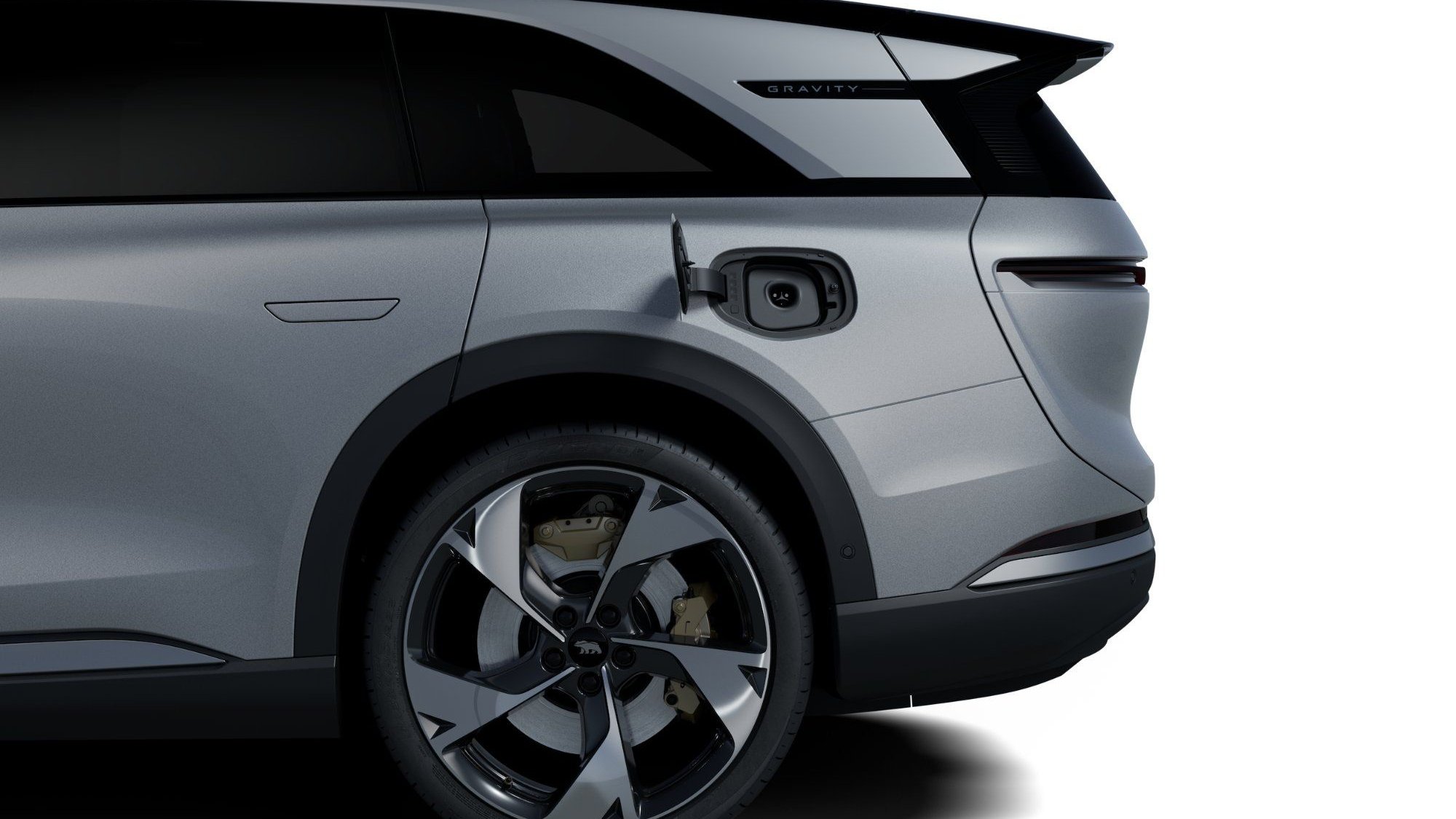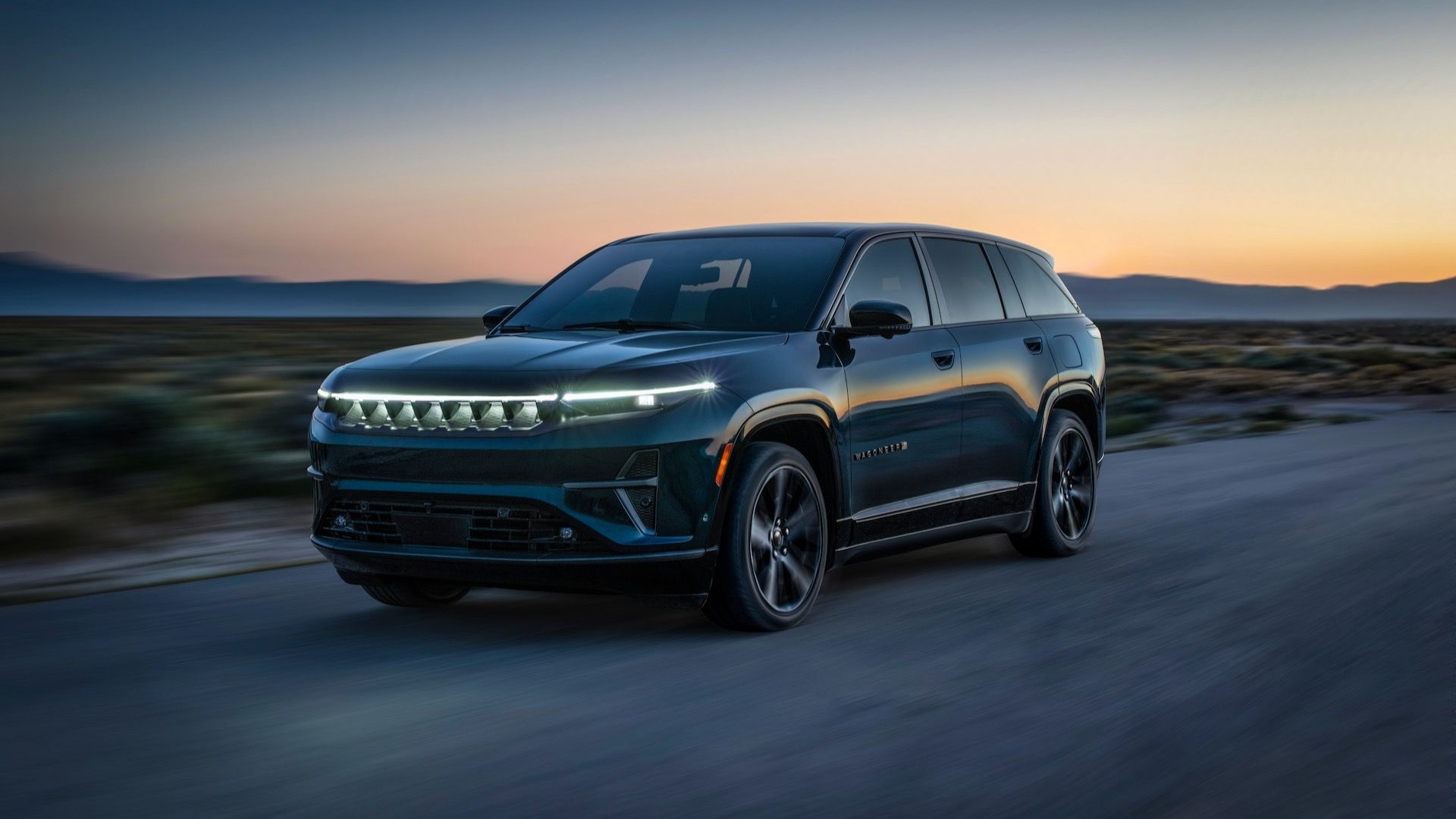- Porsche aims to scale production of synthetic fuel
- Porsche's R&D boss believes synthetic fuel will play a big role in reducing emissions
- Ferrari's counting on synthetic fuel too; Toyota, Mazda, and Subaru are investigating whether e-fuels can keep ICE alive
Porsche is confident that synthetic "e-fuels" will displace a significant amount of conventional gasoline use by the end of the decade, research and development boss Michael Steiner said in a recent interview with Autocar.
In 2022, Porsche opened a synthetic fuel pilot plant in Chile that produces a gasoline alternative by combining hydrogen with carbon dioxide captured from the air, with the entire process powered by renewable energy. Steiner told Autocar that this plant will serve as a "role model" as production of synthetic fuels scales up.
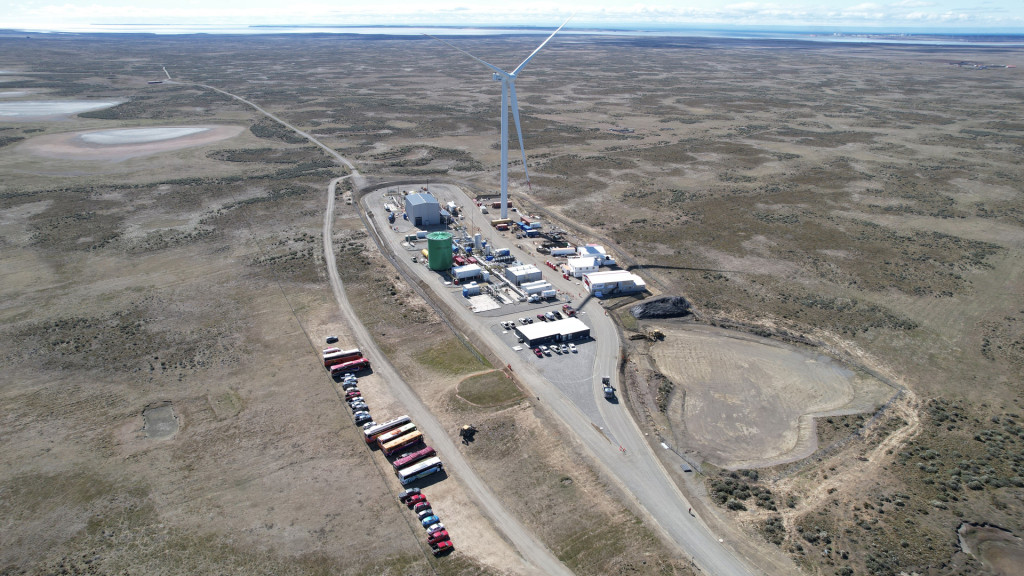
Haru Oni synthetic fuel pilot plant in Punta Arenas, Chile
Because while Porsche originally envisioned synthetic fuel primarily for specialized applications like racing and vintage cars, Steiner also believes it will play a big role in reducing emissions from ordinary vehicles, alongside electrification.
"We see this as a great additional strategy to e-mobility and we think we could really help the environment in a faster manner, because we could do something for existing cars," Steiner said, noting that while EV sales continue to fluctuate, new internal-combustion cars are still being sold and will remain in use for some time.
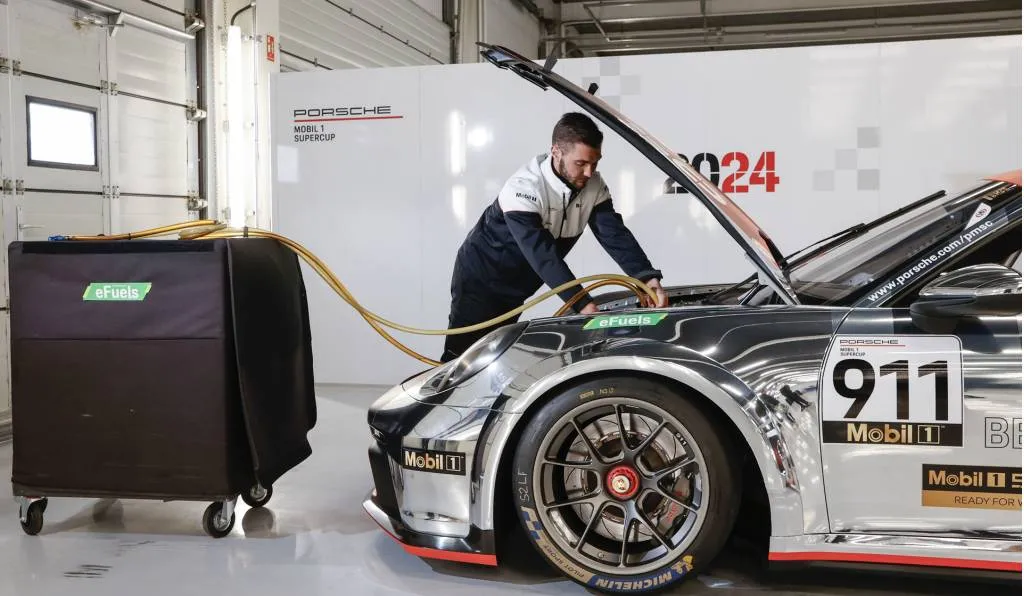
2024 Porsche 911 GT3 Cup race car being filled with e-fuel
Porsche has said that capturing CO2 from the air effectively cancels out the emissions from burning its synthetic fuels in combustion engines, but a 2021 study from environmental group Transport & Environment estimated that synthetic fuels cause just as much pollution as regular gasoline. Synthetic fuels also require similar infrastructure to fossil fuels for production and distribution, making their use inherently less efficient than charging an EV.
It's also still unclear whether synthetic fuels can be made price competitive with conventional fossil fuels, although that may not be a concern for Porsche, or Ferrari, which is also investigating synthetic fuels as a potential savior for its high-end supercars. However, synthetic fuels are also among the technologies being jointly investigated by Toyota, Subaru, and Mazda to keep combustion engines alive—perhaps in more humble vehicles.
